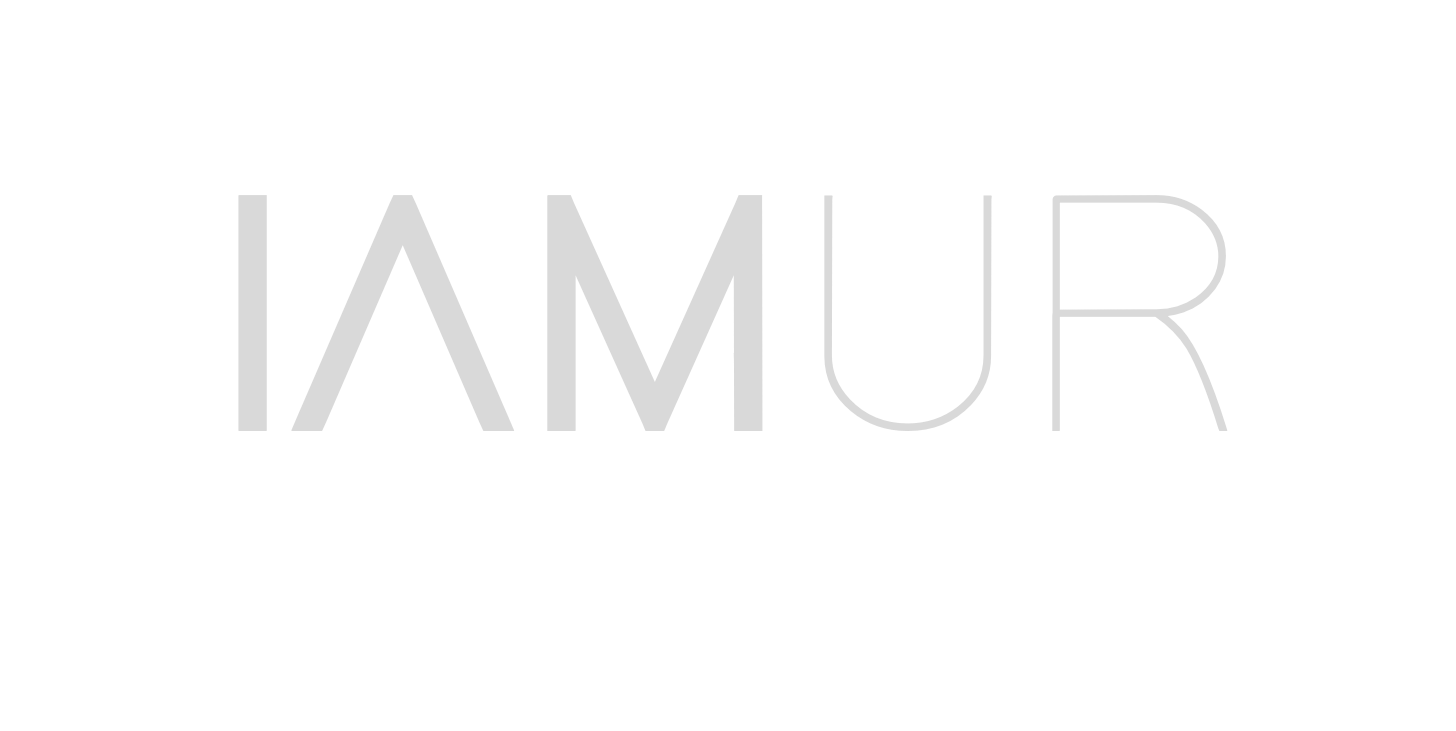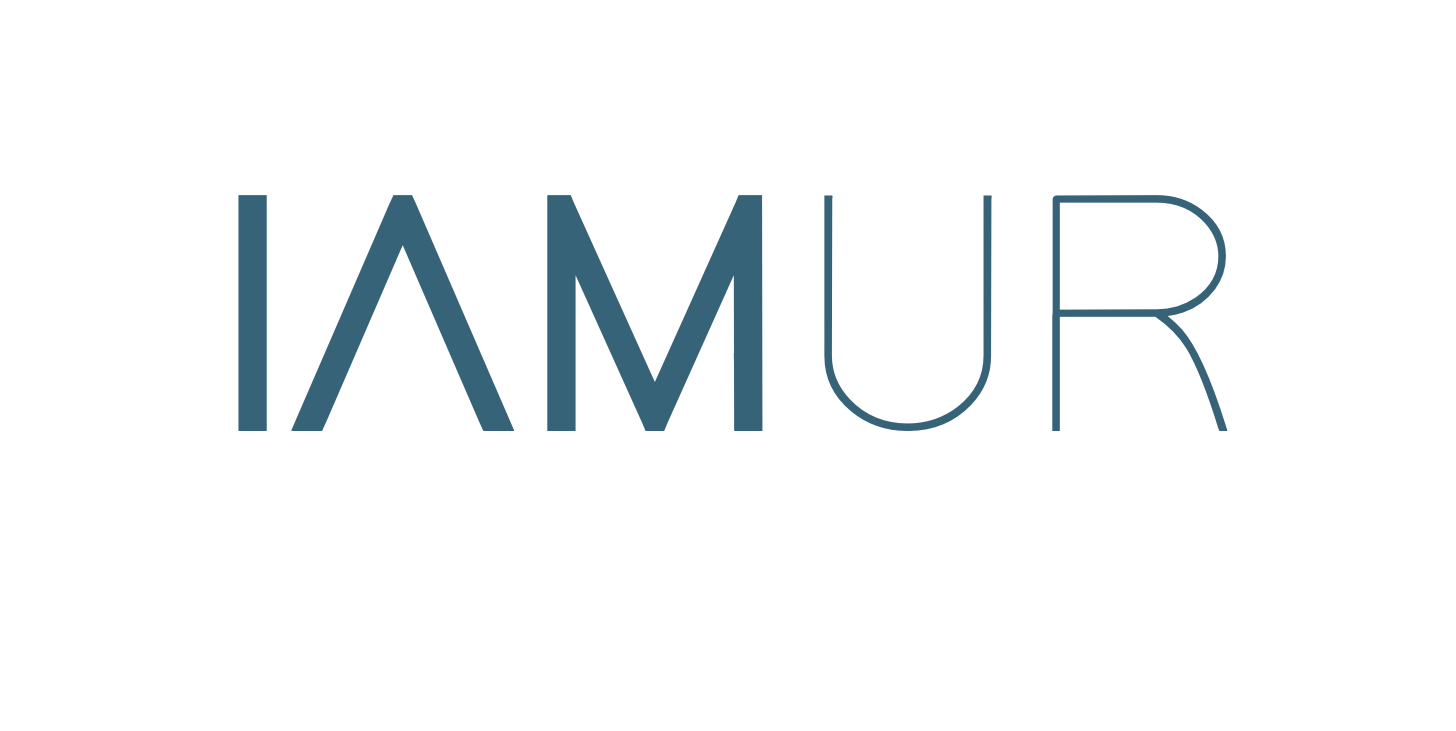Sundown, ‘Scrunge Up’: Triptych release explosive debut album.

Loud, explosive and ready to bring the energy, Sundown, the debut album of Scotland’s Triptych will remind you of the vitality of an older era of music while dynamically bringing it back. There’s a reason why tried and tested elements of loud guitar riffs and pure, heavy sound have always created such an uproar of excitement and emotion. Sundown wasn’t created simply for pleasant listening; it’s something you have to feel.
It’s impossible to listen to this album without picturing a live performance or even more abstract images of frenzied energy. Filled with themes of family relationships and struggles with mental health, it’s easy to imagine the raw currents that will pulse through at any gig, creating the self described “scrungiest experience possible.”
There are a lot of similarities in these tracks, many using a step by step method of: cool riff, build to noise, cut back, build again, and finally, let that amp ring. It’s simple, but it gets the job done. Dying Alone, intentionally put as song number 5, brings down the intensity and provides a great element of balance. The intensity comes back perhaps a little too quickly, missing the perfect song 5 opportunity of a moment of repose. As the album goes on, this established method really develops and comes into its own. Fuk starts with a different tone, still lively but with more focus on a melodic riff. Rather than following a typical “song” structure, the guitar in this is used as a structural base. Loud, long notes cover up what’s going on underneath and almost muddy the more intricate instrumental parts, however the emotive intent is clear and effective. Here is the clearest example of the variable and off-beat rhythmic metres that Triptych loves to incorporate and we love to hear.

Opportunity is filled with textural depth. We have movements allowing growth of sound as well as taking layers out. Near the end, partially indistinguishable sounds of sirens, crowds and cheers can be heard, hollow and almost deathly but so beautifully connectable.
You Won’t Crack Me has a brilliant opening riff, almost as if folk music were to be sped up and turned to grunge rock. There is a very creative influence from different genres here that shows how Triptych aims to pay homage to past loves of music and put the best of the best into a sonic collage. Very fitting for a band that says “what makes us stand [out] is the way we combine genres and our influences.” The introduction of the vocals brings with it offsetting rhythms well associated with Triptych’s style. The cut back section here really plays with the audience and it’s so intriguing to see where it’s going to lead. It’s taking longer than the other tracks and really setting up the mood for the heavy section.
While the intensity and uniformity of these tracks might prove it to be a task of endurance, this album is best listened to all at once and in order, at least upon the first listening. The opening track, Time Moves Slowly, provides an excellent introduction to the album with a cut back instrumental riff, an atypical song structure and slow builds to establish a common thread throughout the following tracks, in a more paired back manner.

“A lot of the songs are about my relationship with my family and growing up but there’s also a lot about mental health struggles and pushing past them so I hope people can relate and resonate with some of the lyrics on the record.”
Finn Hennessy, Triptych
Similarly the closing track, Wonder, carefully bookends the chaos. There’s been a lot of noise and forcefulness throughout the album and the energy here is surprisingly lower than one would anticipate, but this is a welcome resolution. Musically, Wonder takes some elements from previous tracks and makes them even more dramatic. The low parts are lower, almost completely stripped back. The harmonising vocals in the background are unlike anything else in the album and the softer vocals later are in complete contrast to the absolute screech of the last line: “Take me back.” It’s impassioned, intense and fervent. If you didn’t have chills before, you will now. Not one detail is missing here, from the lyrics; “I’m wondering if it’s time to go,” (perhaps a little on the nose) and “All is fair in love and war,” (a fair summary of the passionate themes throughout the album) to the final note powering through the guitar amp. We’ve had an effect like this in almost every song, but here it’s just one note. Not a frantic and excited explosion of emotion at the end of a track, but a pure sense of finality that allows the listener to process, enjoy and simply feel.
This is the kind of music that travels through the veins directly to the heart. Whether you want to reconnect with an old love for Nirvana or modernise your appreciation of the guitar, you’ll love how this album challenges genre norms and puts “a scrungey twist on things.” Bravely vulnerable and unapologetically loud, you’re invited into the scrungiest mind palace new music has to offer.
Listen to “Sundown” from Triptych on Spotify:
Get in touch with the IAMUR team for coverage, reviews and interviews here.










